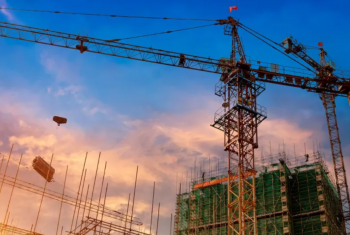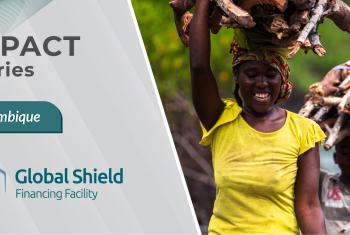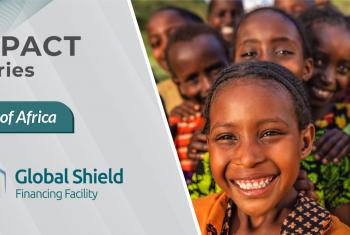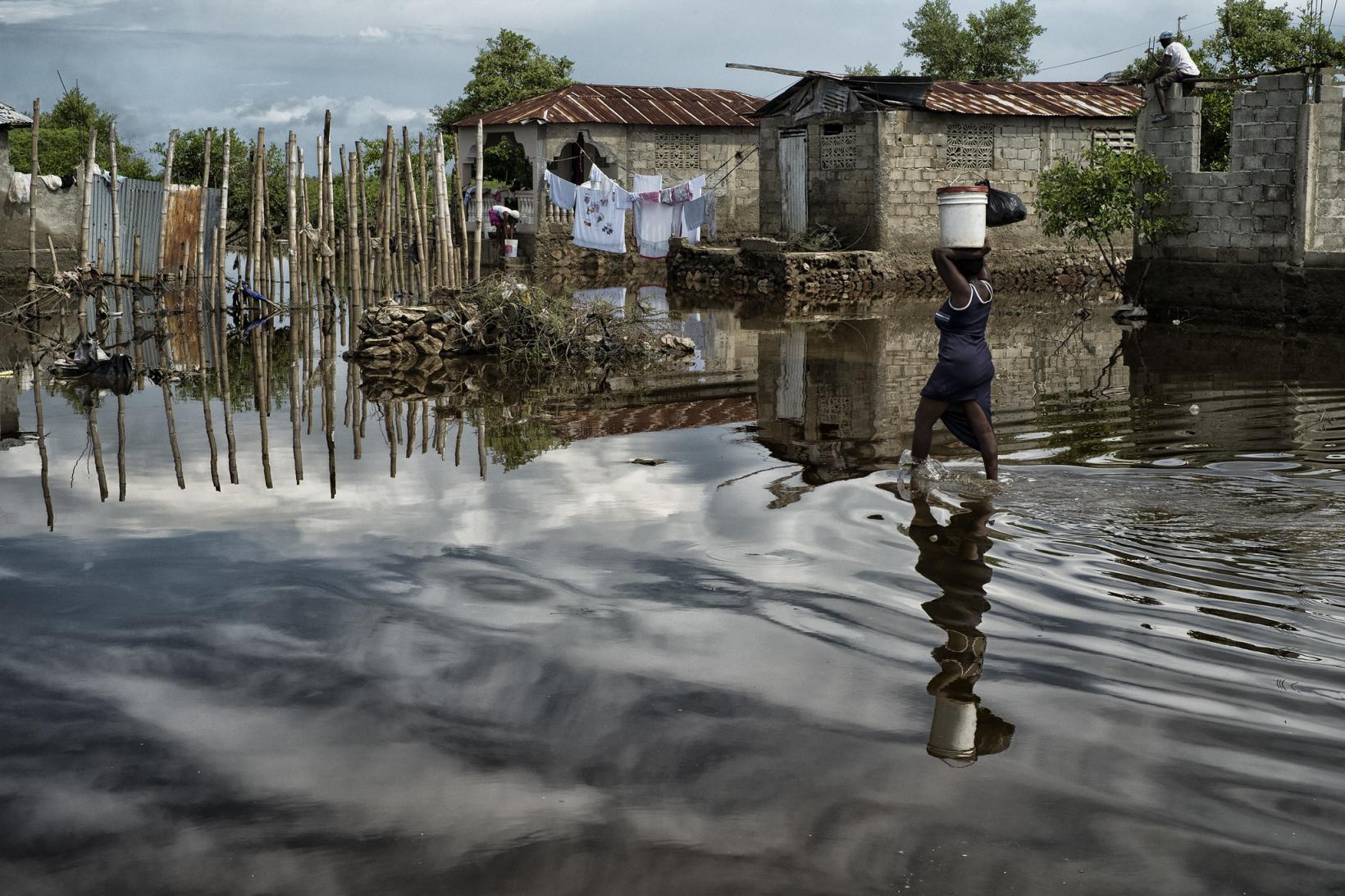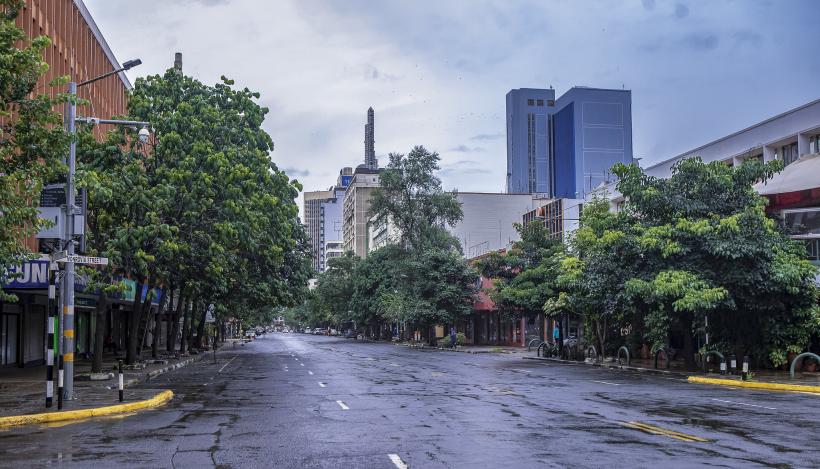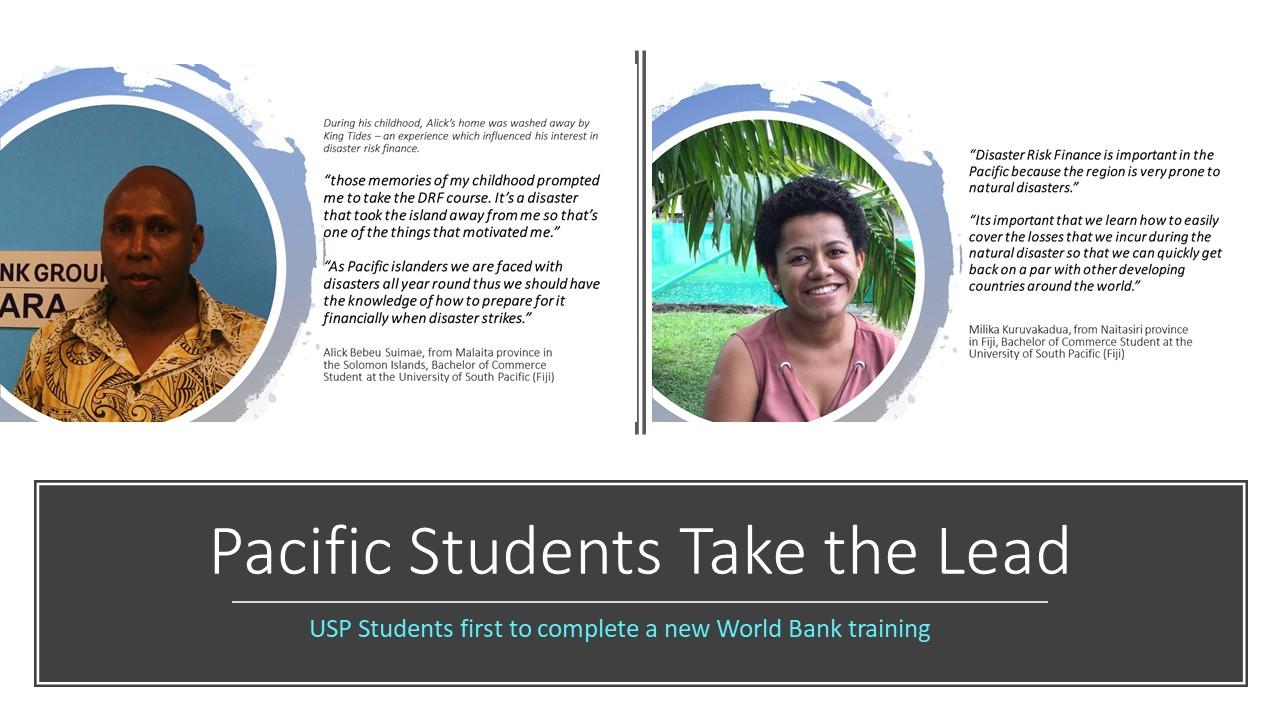Our Blog
Featured Blogs
10 July 2020
Simply put, we save money as a precaution because we do not know what the future holds. Savings help governments fulfill their fundamental role, which is to ensure the well-being of their citizens. When natural disasters or crises strike, early action saves lives. COVID-19, which has wreaked havoc on economies and taken the lives of people around the world, has proved this yet again. Statistically speaking, COVID-19 has shown that timely action helps flatten the curve (see figure 1). Figure 1... Keep reading
02 July 2020
Several recent articles have discussed how losses from hurricanes in the United States may be exacerbated by COVID-19 . Many of the articles are written from the perspective of insurers and reinsurers; here, though, we consider the negative impact of such losses on the insured in the context of parametric insurance schemes, which several developing countries have implemented within their risk-financing strategies for disaster response. 1. CONTEXT ALWAYS MATTERS FOR CATASTROPHE LOSSES. The same... Keep reading
25 June 2020
COVID-19 has halted the world as we know it. Unfortunately, natural disasters and climate shocks will not stop in its wake. When disasters do strike, they compound the already devastating impacts of COVID-19. After only a few months, COVID-19 has already increased countries’ vulnerability to disasters and has reduced the countries’ capacity for dealing with shocks. It is placing a heavy burden on national health care and social protection systems; it imposes ever-increasing economic exposure in... Keep reading
18 June 2020
We are in the midst of an unprecedented crisis. To date, more than 435,000 people have tragically lost their lives as a result of COVID-19. The June 2020 edition of the World Bank’s Global Economic Prospects report forecasts a 5.2 percent contraction in global GDP in 2020—the deepest global recession since World War II and the broadest collapse in per capita incomes since 1870, thereby tipping millions back into poverty. Such global statistics barely capture the effects on the lives of people... Keep reading
12 June 2020
While the world was focusing on battling the COVID-19 pandemic, the small Pacific island countries of Fiji, the Solomon Islands, Tonga, and Vanuatu were hit by Tropical Cyclone Harold. In Africa, desert locusts have ravaged farms and pastureland in several countries, including Ethiopia, Kenya, and Uganda. These tragic events are a painful reminder that climate change and other natural disasters have not been locked down by the COVID-19 pandemic. Vulnerable countries are especially at risk of... Keep reading
28 August 2019
[Figure 1: The twin-satellites GRACE with the gravity field of the Earth known as the “Potsdam Gravity Potato” (Source: AIRBUS/GFZ)] Between 2002 and 2008, a groundwater depletion (mostly caused by irrigation) was suspected in the Indian states of Rajasthan, Punjab and Haryana. Data from the twin satellite mission GRACE (Gravity Recovery And Climate Experiment), helped to quantify the water deficit by analyzing the Earth’s gravity field anomalies, which can be precisely detected by measuring... Keep reading
02 April 2019
In late 2018, the Disaster Risk Finance and Insurance Program launched its latest e-learning course, Disaster Risk Finance in the Pacific. We spoke to the first two people to complete the course – both students at the University of the South Pacific - to find out what motivated them to enrol and what they have learnt about disaster risk finance. Alick Bebeu Suimae is from Malaita province in the Solomon Islands is currently completing his Bachelor of Commerce degree. During his childhood, Alick... Keep reading

